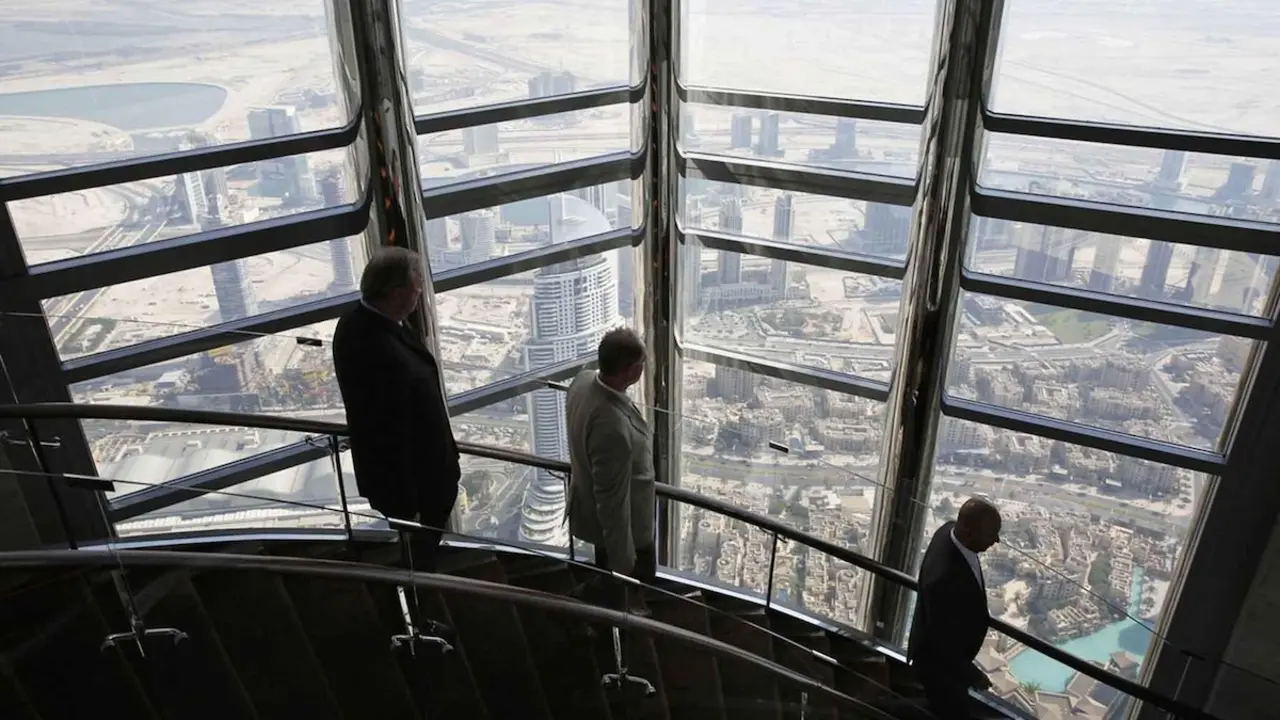Lebanon's new austerity budget sows doubts among its citizens
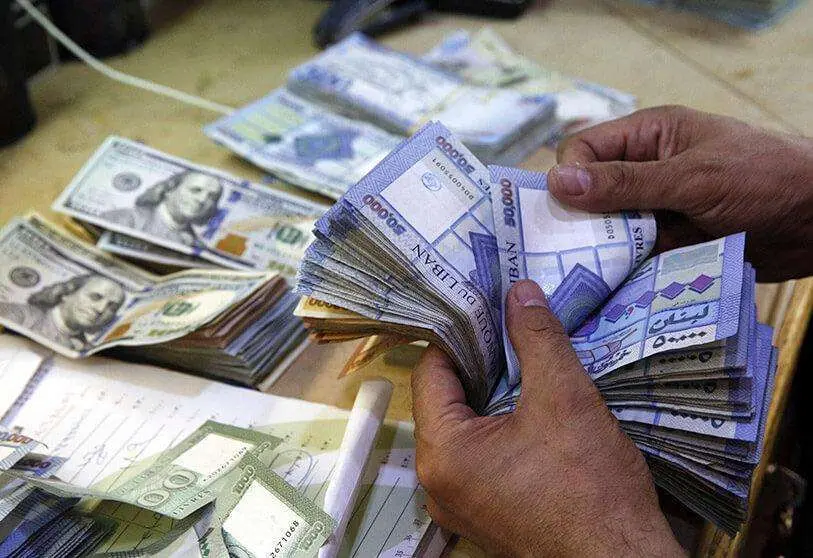
The Lebanese government is considering adopting a new austerity budget this year, despite the changes its economic structure has undergone in recent years. The budget envisages a deficit of 20.8 per cent and includes revenues of some 39 billion liras ($25.9 billion).
Experts say the method used to construct the project is not valid for managing the current economy. There is a noticeable need throughout the country for the elements adopted by politicians to have positive results and to try to improve the current crisis situation.
Far from decreasing the expenses faced by Lebanese citizens, the 2022 budget has hardly any optimistic financial indicators. Last Wednesday, the Sovereign Front for Lebanon joined the list of those who reject the new reform.
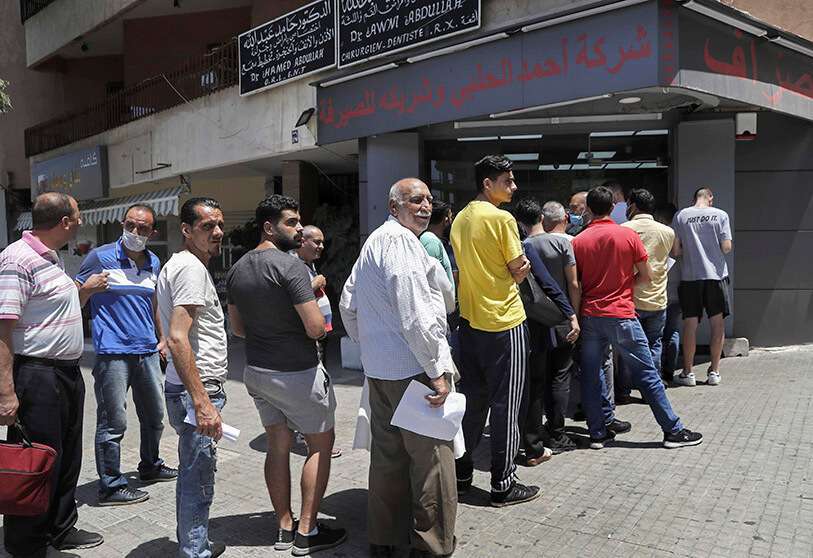
"The authority presents a budget based solely on increasing taxes and fees to the citizen who has lost all the necessities of a dignified life after losing his job and wasting his money," the Front said in a statement. The government's planned expenditure amounts to $32.8 billion.
Earlier this month, the bill was approved, but it has yet to be accepted in parliament. The issue has become controversial, as the problem with the budget does not lie in the figures for payments and revenues, but in the procedure chosen to reduce spending.
Najib Mikati, Lebanon's prime minister, stressed that there are no taxes that will directly affect citizens. The country is going through a 90% economic juncture due to the financial crisis it has been suffering since the end of 2019. This situation has led to the loss of basic commodities and the collapse of public services.
Around 75% of the country's population is below the poverty line, according to the United Nations. If the parliament approves the budget, these numbers are likely to increase significantly. For its part, the Sovereign Front demands, among other things, the return of looted funds or the prosecution of corrupt politicians and businessmen.
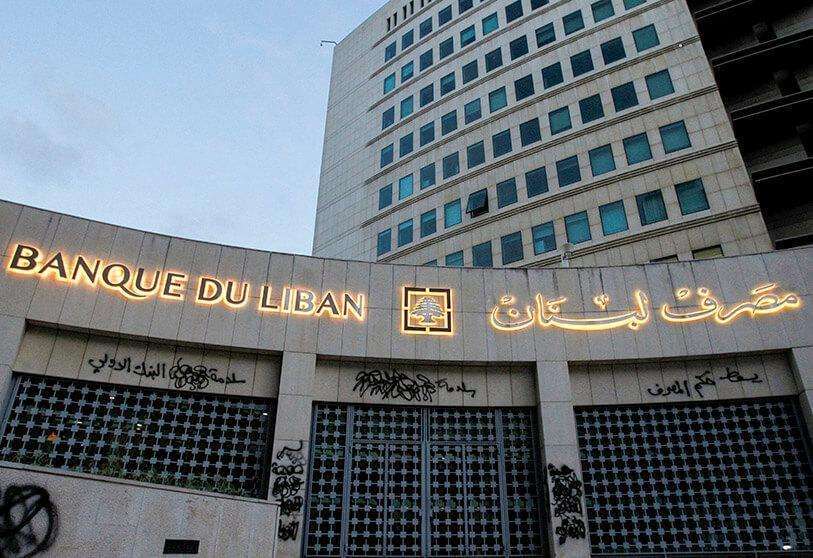
The concern of analysts and trade unionists stems from the imposition of comprehensive taxes and the increase in the exchange rate of the customs dollar. At present, the executive calculates all its transactions at an exchange rate of 1,510 pounds to the dollar. The actual figure for the US currency is about 21,000 pounds.
The draft budget also provides for the imposition of additional taxes on imported goods and on tourism. The value will range from 35 to 100 dollars, as well as new taxes on services and official transactions. Lebanon's President Michel Aoun has been sceptical of the initiative.
The prices of basic commodities such as food and medicine have risen significantly in the past year. This is due to the government's decision to reduce the support provided by the Central Bank of Lebanon to import these products from abroad.
Several employees denounce the loss of value of their salaries and demand an improvement commensurate with the cost of living. The International Monetary Fund has begun talks with the Arab country in order to create a rescue plan. Financial losses amount to almost $70 billion.
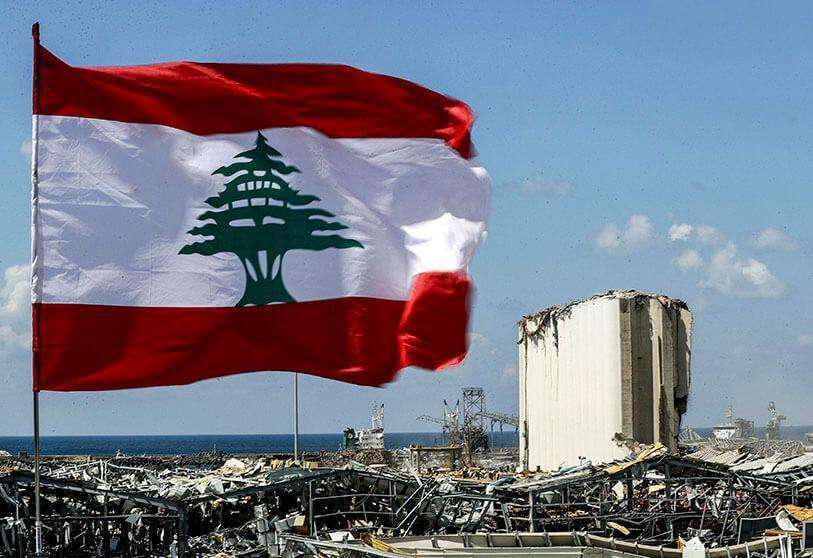
Lebanon faces a number of challenges that threaten the balance of its economy. Hyperinflation is above 150%, compounded by the effects of COVID-19 and the Beirut port explosion in August 2020 that killed more than 250 people.
Electricity supply to hospitals, access to water or the right to education is not guaranteed as a result of this situation. One of the most important hospitals in Lebanon was without electricity for 524 hours last November. Many citizens complain that their salaries are not enough to last the whole month.
Children are the main victims of the severe economic crisis. The United Nations Children's Fund (UNICEF) states that "with increasing tensions at home, the closure of schools due to the pandemic and the deterioration of social services, more than one million children are at risk of becoming victims of violence.
UNICEF Lebanon Representative Ettie Higgins says young people urgently need support. The country must invest in education so that they can develop the necessary skills to secure decent work. Only in this way will they contribute to the stability and prosperity of the territory.

